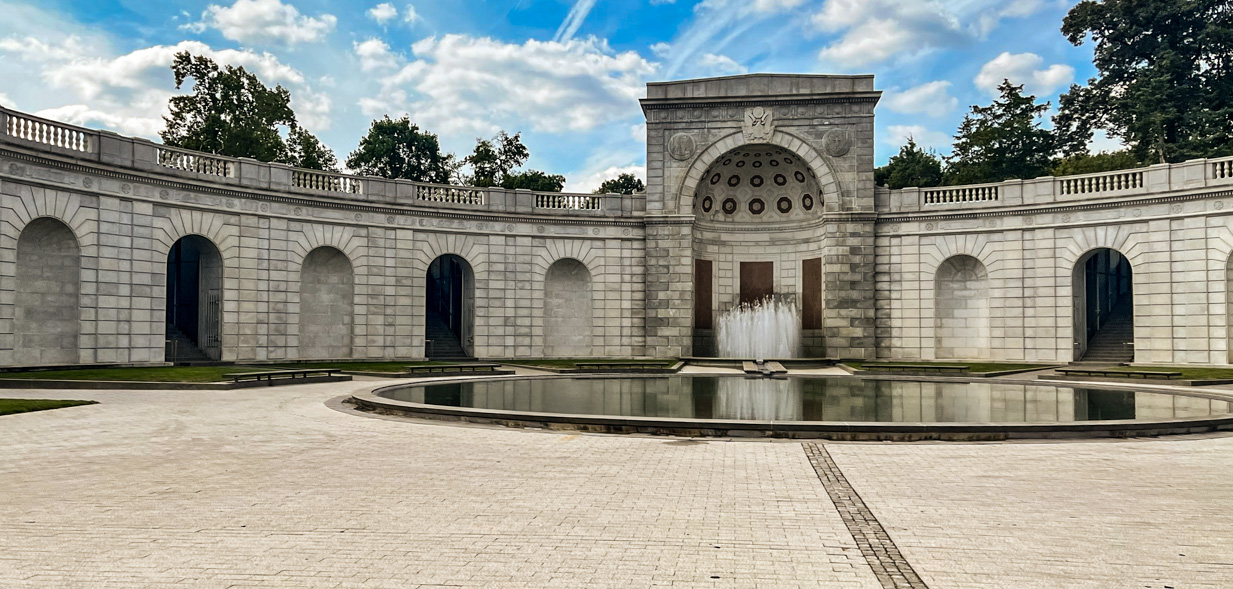

 ©Michael Player
©Michael Player
Chapter 7:1-10 (ESV) - Now after this, in the reign of Artaxerxes king of Persia, Ezra the son of Seraiah, son of Azariah, son of Hilkiah, son of Shallum, son of Zadok, son of Ahitub, son of Amariah, son of Azariah, son of Meraioth, son of Zerahiah, son of Uzzi, son of Bukki, son of Abishua, son of Phinehas, son of Eleazar, son of Aaron the chief priest— this Ezra went up from Babylonia. He was a scribe skilled in the Law of Moses that the Lord, the God of Israel, had given, and the king granted him all that he asked, for the hand of the Lord his God was on him.
And there went up also to Jerusalem, in the seventh year of Artaxerxes the king, some of the people of Israel, and some of the priests and Levites, the singers and gatekeepers, and the temple servants. And Ezra came to Jerusalem in the fifth month, which was in the seventh year of the king. For on the first day of the first month he began to go up from Babylonia, and on the first day of the fifth month he came to Jerusalem, for the good hand of his God was on him. For Ezra had set his heart to study the Law of the Lord, and to do it and to teach his statutes and rules in Israel.
Question to consider: Who was Ezra’s grandfather, Azariah?
Even though Ezra is thought to be the author of this book, here we are almost two thirds of the way through it before we are introduced to him. It may seem amazing that Ezra was able to provide his ancestry all the way back to Aaron, but it’s important to point out that they kept records of everyone who served a ministerial role because the only ones who were allowed to serve as priests in the temple were from among the tribe of Levi. I do not hold to the idea that the earthly temple would ever be rebuilt, but if for some reason a building in Israel were erected on the temple mount in Jerusalem, and Jews began to sacrifice animals, we would have no way of tracing someone’s lineage to the tribe of Levi in order to establish them as priests. At the time of Ezra, they were without a temple for a couple of generations so lineage could be preserved, but there has not been a temple for almost two thousand years, and any temple records would have been destroyed in the fires of the Roman siege.
Not only was Ezra able to serve as a priest in the temple, but he was an expert in Torah. “The Law of Moses” here is not just a reference to the ten commandments but of the entirety of the first five books. This means, he had not only memorized them, but he would have understood them well enough to be considered a legal expert. It’s also worth noting that his grandfather was Azariah who was also called Abednego when he was captured by the Babylonians. As one of the three who was miraculously delivered from Nebuchadnezzar’s fiery furnace, Azariah was probably quite famous, and so Ezra would have been known for his close association with him.
Ezra received all that he asked from king Artaxerxes. As I wrote a couple of days ago, the discovery of the decree of Cyrus, and the historical archives related to the God of Israel, would have given Darius, and his successor Artaxerxes, a cause to fear. We can tell that Darius feared the Lord because in his decree, he asked for the Israelites to, “offer pleasing sacrifices to the God of heaven and pray for the life of the king and his sons.” (Ezra 6:10) Now when I say “feared the Lord,” it was not in the sense that Darius stopped worshiping the gods of Persia. He merely recognized that the God of Israel had a documented record of miracles attached to His name. It was just enough for Persia to be a support for Israel and allow them to build their city and temple in peace.
It would be through Ezra that Israel would rediscover the statutes of the Lord their God.
Dear heavenly Father, please help us to be like Ezra and live among those who do not know You in such a way that they see the good works You have created us to do and come to glorify Your holy name. Amen.